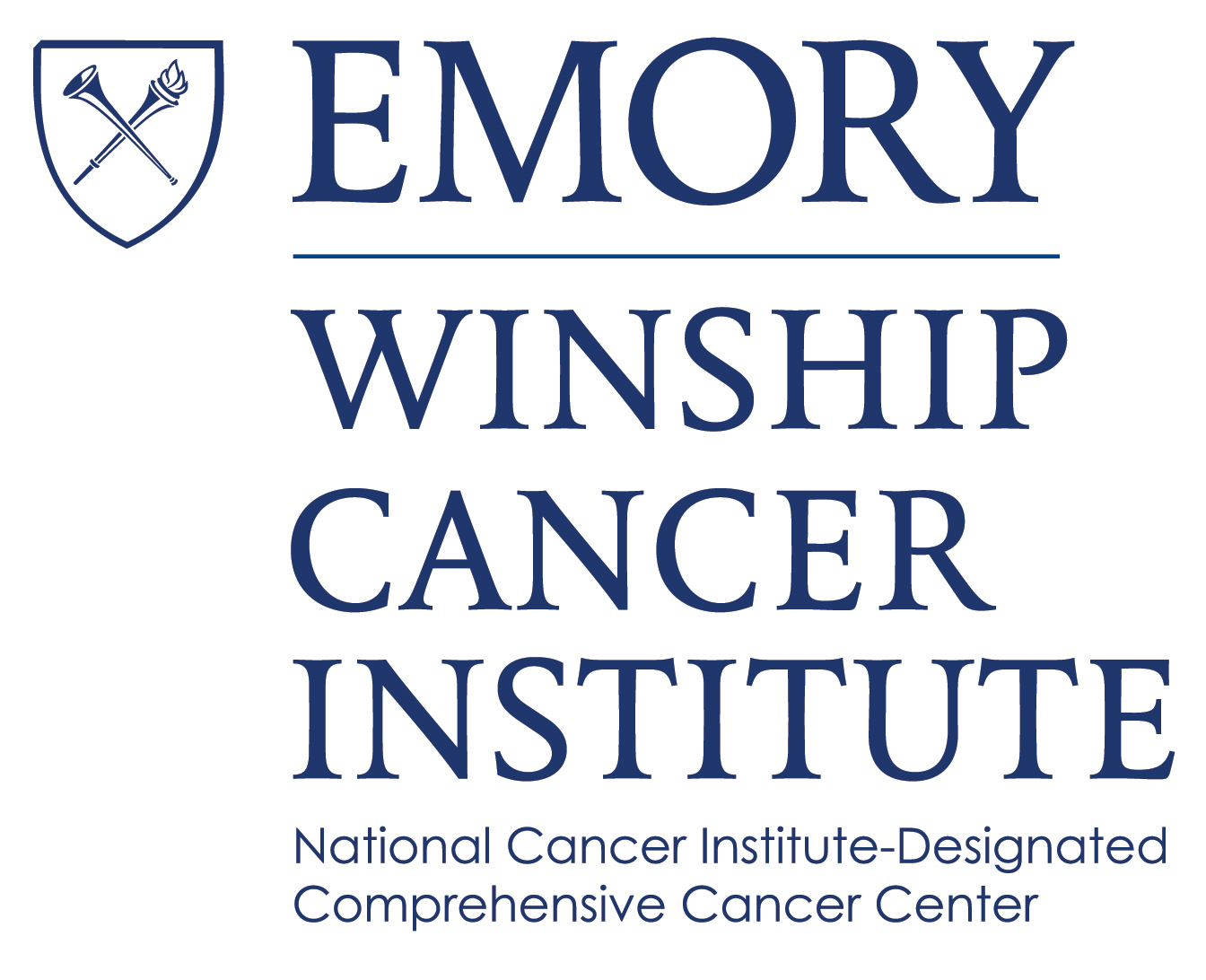- Advertise
- About OncLive
- Editorial Board
- MJH Life Sciences brands
- Contact Us
- Privacy
- Terms & Conditions
- Do Not Sell My Information
2 Clarke Drive
Suite 100
Cranbury, NJ 08512
© 2025 MJH Life Sciences™ and OncLive - Clinical Oncology News, Cancer Expert Insights. All rights reserved.
Dr. Meisel on Optimizing Genomic Assays in Early-Stage HR-Positive, HER2-Negative Breast Cancer
Jane L. Meisel, MD, an assistant professor, Department of Hematology and Medical Oncology and Department of Gynecology & Obstetrics, Winship Cancer Institute, Emory University School of Medicine, discusses optimizing genomic assays in early-stage hormone receptor (HR)–positive, HER2-negative breast cancer.
Jane L. Meisel, MD, an assistant professor, Department of Hematology and Medical Oncology and Department of Gynecology & Obstetrics, Winship Cancer Institute, Emory University School of Medicine, discusses optimizing genomic assays in early-stage hormone receptor (HR)—positive, HER2-negative breast cancer.
Genomic assays are a critical component of personalizing treatment decisions in early-stage HR-positive, HER2-negative breast cancer, but these assays should not be used indiscriminately, says Meisel. Additionally, these assays should not be sent for if is not believed that the results will impact the patient’s intended course of treatment.
Oncotype DX can be used to understand endocrine sensitivity and the need for chemotherapy, whereas MammaPrint can help provide a better understanding of a higher clinical risk patient’s need for chemotherapy. If a patient is within that high-risk clinical group but has a low genomic risk, they may not need chemotherapy. Being judicious about which test is used and when is important, says Meisel. When differentiating between whether to use Oncotype DX or MammaPrint, many clinicians will go with what they know. However, there is role for both assays in the space.


